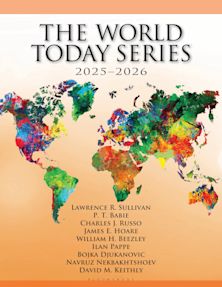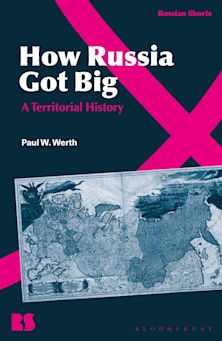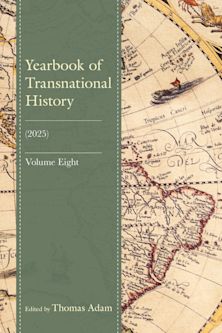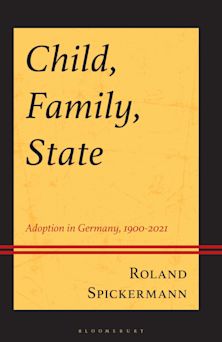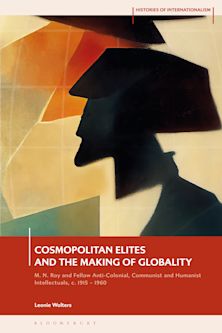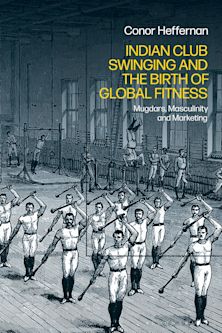Empire to Nation
Historical Perspectives on the Making of the Modern World
Empire to Nation
Historical Perspectives on the Making of the Modern World
This product is usually dispatched within 3 days
- Delivery and returns info
-
Free CA delivery on orders $40 or over
Description
The fall of empires and the rise of nation-states was a defining political transition in the making of the modern world. As United States imperialism becomes a popular focus of debate, we must understand how empire, the nineteenth century's dominant form of large-scale political organization, had disappeared by the end of the twentieth century. Here, ten prominent specialists discuss the empire-to-nation transition in comparative perspective. Chapters on Latin America, the Middle East, Eastern Europe, Russia, and China illustrate both the common features and the diversity of the transition. Questioning the sharpness of the break implied by the empire/nation binary, the contributors explore the many ways in which empires were often nation-like and nations behaved imperially. While previous studies have focused on the rise and fall of empires or on nationalism and the process of nation-building, this intriguing volume concentrates on the empire-to-nation transition itself. Understanding this transition allows us to better interpret the contemporary political order and new forms of global hegemony.
Table of Contents
Part 2 Part I: The Spanish Empire in the Americas
Chapter 3 The Limits of Atlantic-World Nationalism in a Revolutionary Age: Imagined Communities and Lived Communities in Mexico, 1810-1821
Chapter 4 The Great Transformation of Law and Legal Culture: "The Public" and "the Private" in the Transition from Empire to Nation in Mexico, Colombia, and Brazil, 1750-1850
Chapter 5 Selfhood and Nationhood in Latin America: From Colonial Subject to Democratic Citizen
Part 6 Part II: The Middle East and Eastern Europe
Chapter 7 Empires as Prisons of Nations versus Empires as Political Opportunity Structures: An Exploration of the Role of Nationalism in Imperial Dissolutions in Europe
Chapter 8 Changing Modalities of Empire: A Comparative Study of the Ottoman and Habsburg Decline
Chapter 9 Dreams of Empire, Dreams of Nations
Part 10 Part III: The Chinese Empire
Chapter 11 How the Qing Became China
Chapter 12 Going Imperial: Tibeto-Mongolian Buddhism and Nationalisms in China and Inner Asia
Part 13 Part IV: The Russian Empire and the Soviet Union
Chapter 14 The Long Road from Empire: Legacies of Nation-Building in the Soviet Successor States
Chapter 15 Setting the Political Agenda:Cultural Discourse in the Estonian Transition
Part 16 Afterword: The Return of Empire?
Product details
| Published | Apr 27 2006 |
|---|---|
| Format | Paperback |
| Edition | 1st |
| Extent | 440 |
| ISBN | 9780742540316 |
| Imprint | Rowman & Littlefield Publishers |
| Dimensions | 227 x 163 mm |
| Series | World Social Change |
| Publisher | Bloomsbury Publishing |













